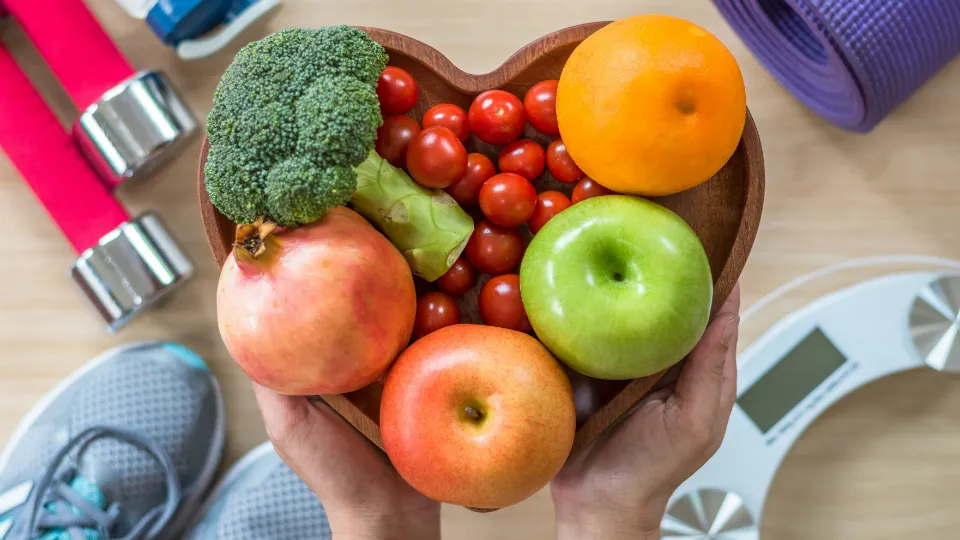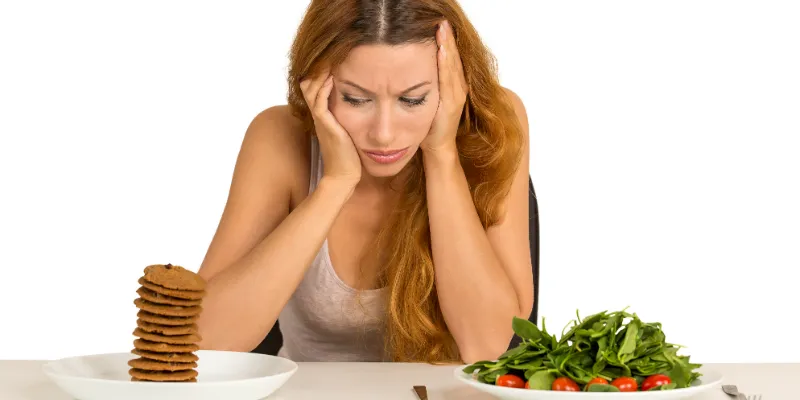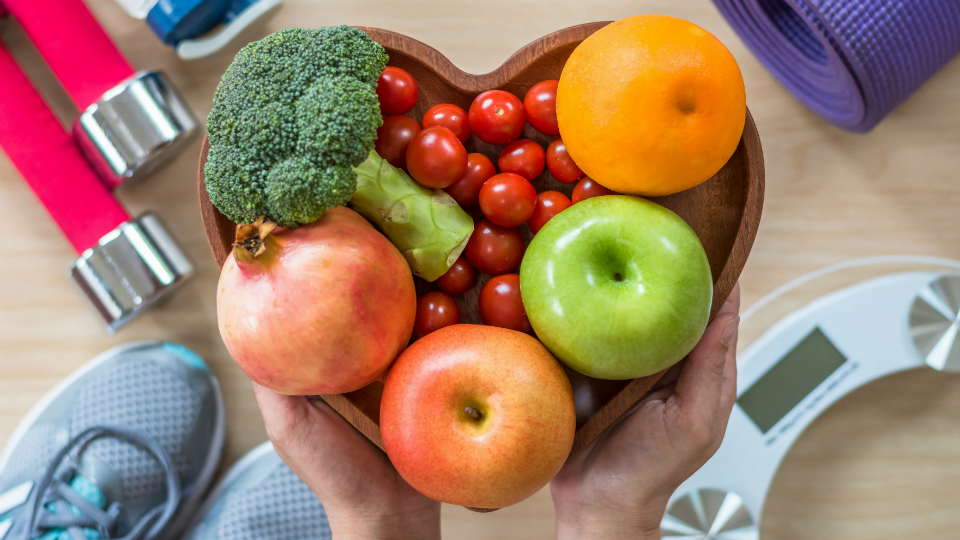
Do or diet? Deepa Kannan of Phytothrive busts the health myths of the season
Have you been wondering which diet is the best? Should you juice your vegetables or go on an intermittent fast routine. Here’s a lowdown from an expert…
There are a lot of dietary theories out there in the world today. These theories are always evolving and everyone is on a mission to find that magical diet, which will propel them to success!
But is there any truth to them Let’s look at a few of the most common myths about dietary theories and what you need to know to stay healthy all year round.
Myth 1: Eating every two hours is the healthiest diet and this is the best way to boost your metabolism and lose weight

Truth: This method of eating small meals every two hours is said to promote rapid weight loss, boost metabolism, reduce craving, stabilise blood sugar, and prevent feeling of hunger. But the fact is that the Migratory Motor Complex, or MMC is an essential part of your digestive system responsible for cleaning undigested food, bacteria and anything else out of your gastrointestinal tract.
Think of your MMC as a vacuum cleaner within your gastrointestinal tract. It is very important to have fasting time between meals for normal functioning of the MMC. Research has shown that people with IBS have disrupted MMC function, nerve damage, loss of gut motility and therefore subsequent buildup of bacteria in their small intestine, which really should be a more sterile space.
Myth 2: Intermittent fasting is the wonder diet for everyone to go into ketosis and lose weight

Truth: Intermittent fasting is almost the opposite of the two-hourly diet. Many health experts are talking about it and everyone is trying to do it. It has many health benefits ranging from production of ketones from a higher fat diet, weight loss, cell death of bad cells, resetting your DNA, and optimising your hormones. I know many people who have started intermittent fasting and are thrilled that they are doing it.
Again, does it work so wonderfully for everyone?
The truth is that fasting should not become a licence to eat anything later. Fasting can also elevate your cortisol levels making you more stressed and angrier, and disrupt your sleep if you have adrenal issues. It can also cause blood sugar imbalance in some people, which can create hormone imbalance. Fasting can also make mental symptoms such as anxiety and brain fog worse, especially if it worsens blood sugar imbalance and elevates cortisol.
Myth 3: Juicing through the day is the wonder detox especially post a night of heavy drinking

Truth: Nothing could be more dangerous than juicing post a night of heavy drinking. Juicing is touted as the best way to detoxify all the toxins you are exposed to, especially heavy amounts of alcohol. In fact, after a night of heavy drinking, your blood sugar levels are already disturbed, and juicing, which strips away the fibre from the healthiest fruits and vegetables, can make your blood sugar swing even more.
It lacks fat, fibre and protein required for blood sugar stability. It can also interfere with some medication you take. For example, green juice high in vitamin K can be dangerous if you are on blood thinners. Juicing can be used as part of cleansing, but requires some caution in how you use it.
Myth 4: Keto is that magical diet for everyone

Truth: The ketogenic diet has become extremely popular today, and you might have been told that you, too, must start keto. Keto is said to improve insulin resistance, promote weight loss, makes satiety easier, heal your brain, help your stress, and support healthy hormones. Like anything else, it really depends on the individual.
If you have challenges with your liver, which so many people do, you will struggle to break down that level of fat, so beginning a ketogenic diet can cause you to congest your liver, disrupt digestion and lead to multiple symptoms and conditions related to improper liver health. Once again, this is a reminder that no two people are the same, and the feedback of someone else is not the same as feedback from your own body!
The fact is that there is no one-diet-fits-all. There are many health advocates speaking the language of a single magical diet, but that itself is the biggest myth of all. No such diet exists or has existed, for we are all unique.
Our genetics, history, story, triggers, stressors, microbiome, immunity, toxic exposure, ability to detoxify, resilience, sleep, activities, and work is unique to us, which is why we cannot treat our signs, symptoms, diagnosis or disease like everyone else.
Each person requires a unique approach, and this can change with time. The diet that works for you today may not work for you tomorrow, and you require the strength to make a change, as diets can become rigid, especially when they are woven around philosophical beliefs rather than personal health conditions.
Rather than trying to box yourself into an ideal diet, try to observe yourself and become more aware of your own body and the feedback you receive from your body.
Recognise hidden deficiencies. See that your diet is as diverse as possible. Try and recognise the weaker systems within. See that you have sleep and blood sugar balance dialled in. And finally, avoid any ideal diet until you are stress free and symptom free!
[“source=yourstory”]
